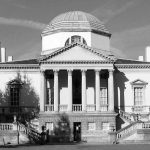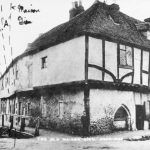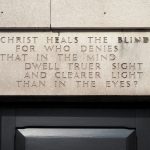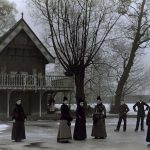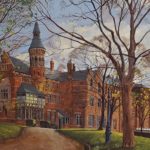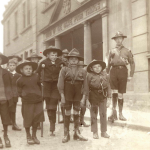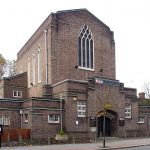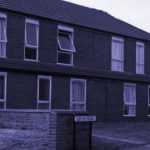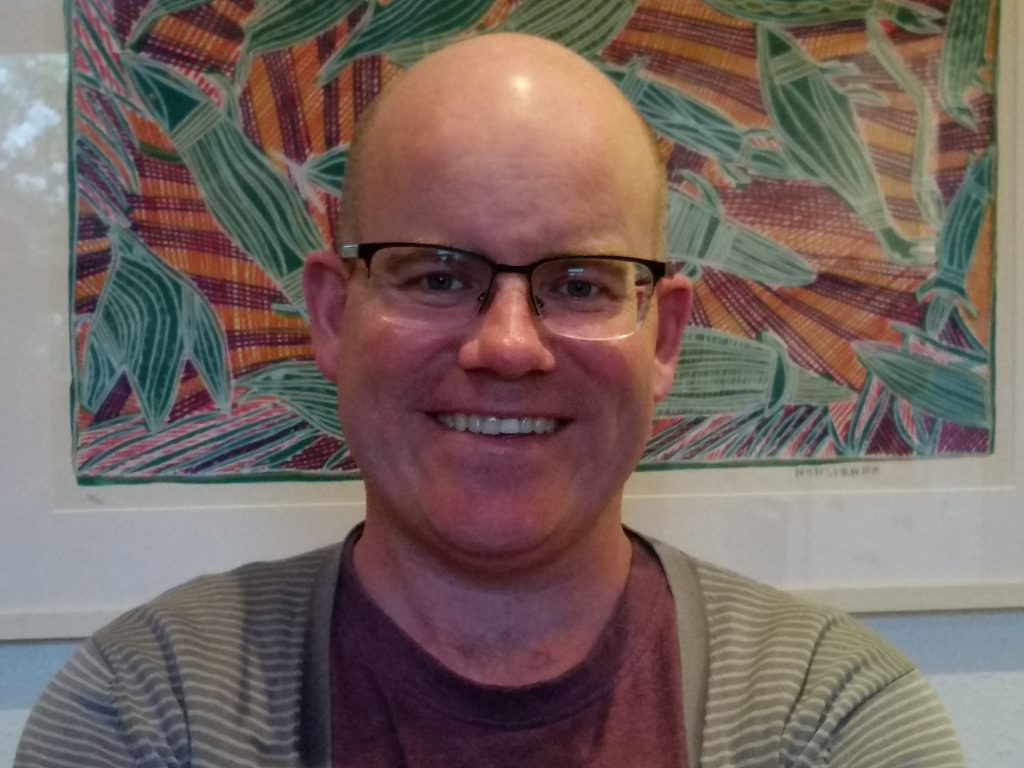While speed reading the spectacularly dry Chronicles of the Maison Dieu, Opringe by H. A. James (no. 54 in the About Faversham series of journals) I noted two things that might be worth following up.
In 1235, Henry III gave permission for the blind daughter of Andrew of Faversham to be admitted to Maison Dieu as a ‘servant of God and sister of the hospital’.
One concerned an entry recording payments made to an unknown woman, thought to be Juliana of Wye, one of Queen Eleanor of Provence’s ladies in waiting. Apparently she took up residence in the Maison Dieu in the mid 13th century and received money for milk and butter which she used for making ointments which she sold out of a ‘schoppa’ in the building. Mr. James jokes that she may have been a medieval beautician, but I wondered whether instead they might have had pharmaceutical properties, and maybe her shop was the equivalent of Boots. I think one of the finds during the excavations in the 70’s was a medicinal mortar. It would be too much to hope this was one of Juliana’s, but it helps to form a chain.
Also in 1235, Henry III gave permission for the blind daughter of Andrew of Faversham to be admitted to Maison Dieu as a ‘servant of God and sister of the hospital’. This might also be worth following up if possible.

